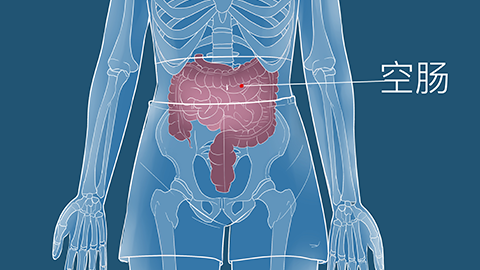Can a 20-year-old get colorectal cancer?
Generally, the probability of developing colorectal cancer among 20-year-olds is low, as most young individuals have stable cell proliferation and good intestinal function. However, risk increases if there is a family history of colorectal cancer, long-term unhealthy lifestyle habits, or a personal history of intestinal diseases. If concerned, it is advisable to seek medical consultation early. Detailed analysis is as follows:

If a 20-year-old has no family history of colorectal cancer, maintains regular eating and exercise habits, has normal bowel movements, and does not suffer from chronic enteritis, intestinal polyps, or other intestinal conditions, and their cells show no abnormal mutations, the likelihood of developing colorectal cancer is extremely low, and excessive concern is unnecessary.
If a 20-year-old has immediate family members who had colorectal cancer (especially diagnosed before age 50), indicating genetic susceptibility; or frequently stays up late, has irregular eating habits, and consumes large amounts of processed meats, leading to damage of the intestinal mucosa; or suffers from conditions such as adenomatous polyps or ulcerative colitis that remain untreated, these factors may trigger abnormal cell proliferation in the intestines. In such cases, the risk of colorectal cancer is higher than that of peers, warranting vigilance.
Young adults should maintain a healthy lifestyle and avoid prolonged unhealthy dietary and sleeping patterns. If symptoms such as persistent abdominal pain, rectal bleeding, or sudden changes in bowel habits occur—regardless of severity—they should seek timely medical evaluation.




